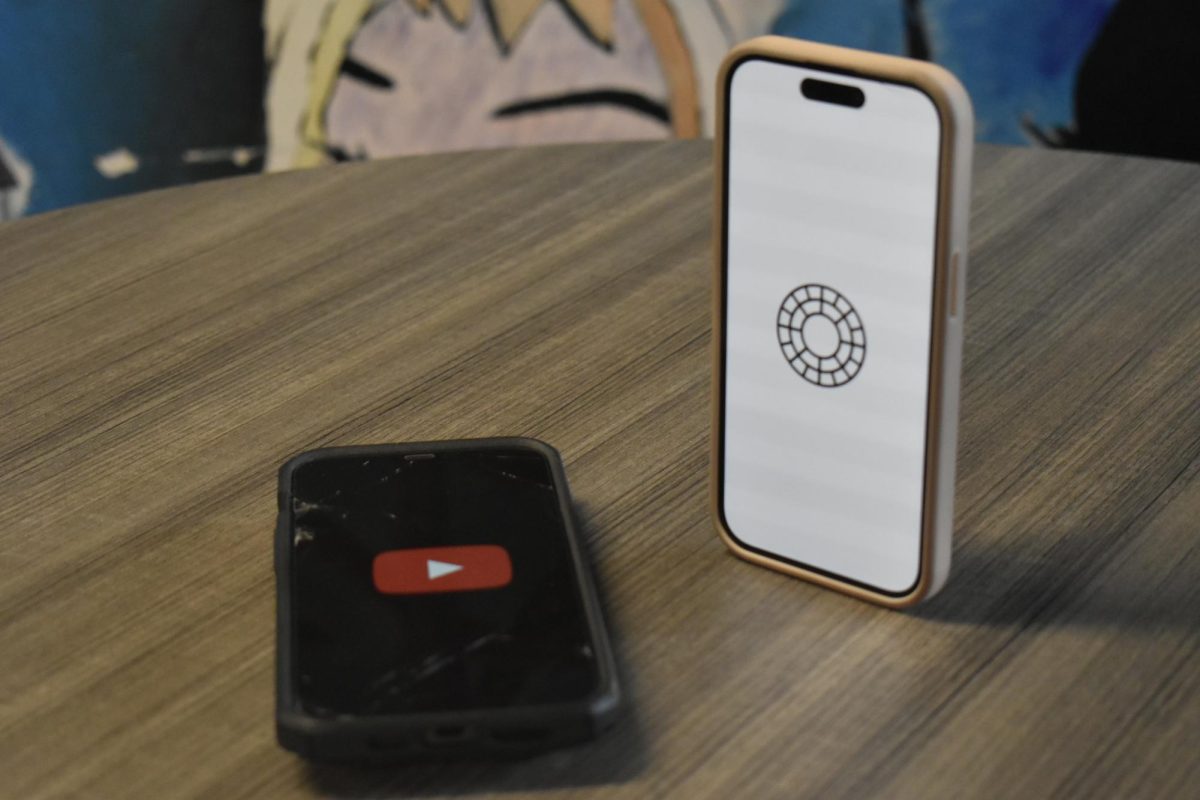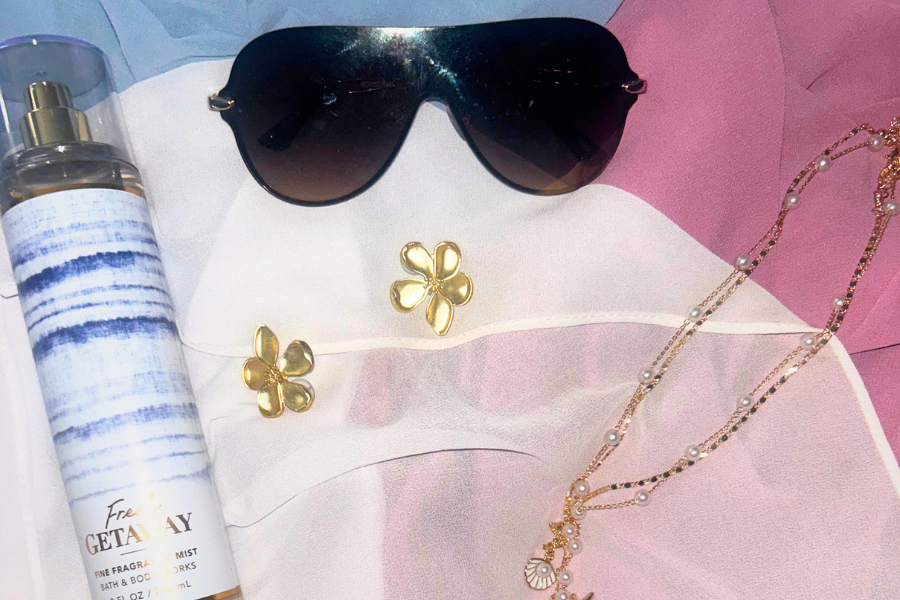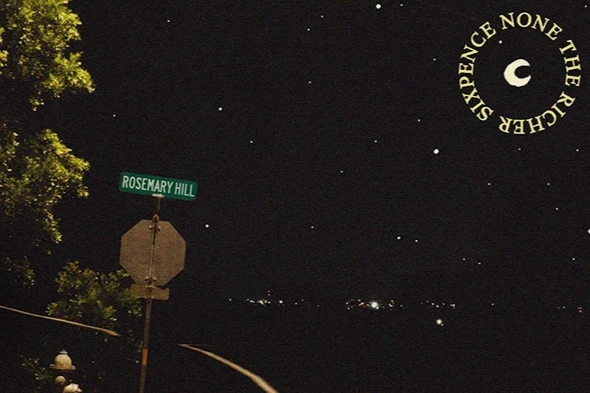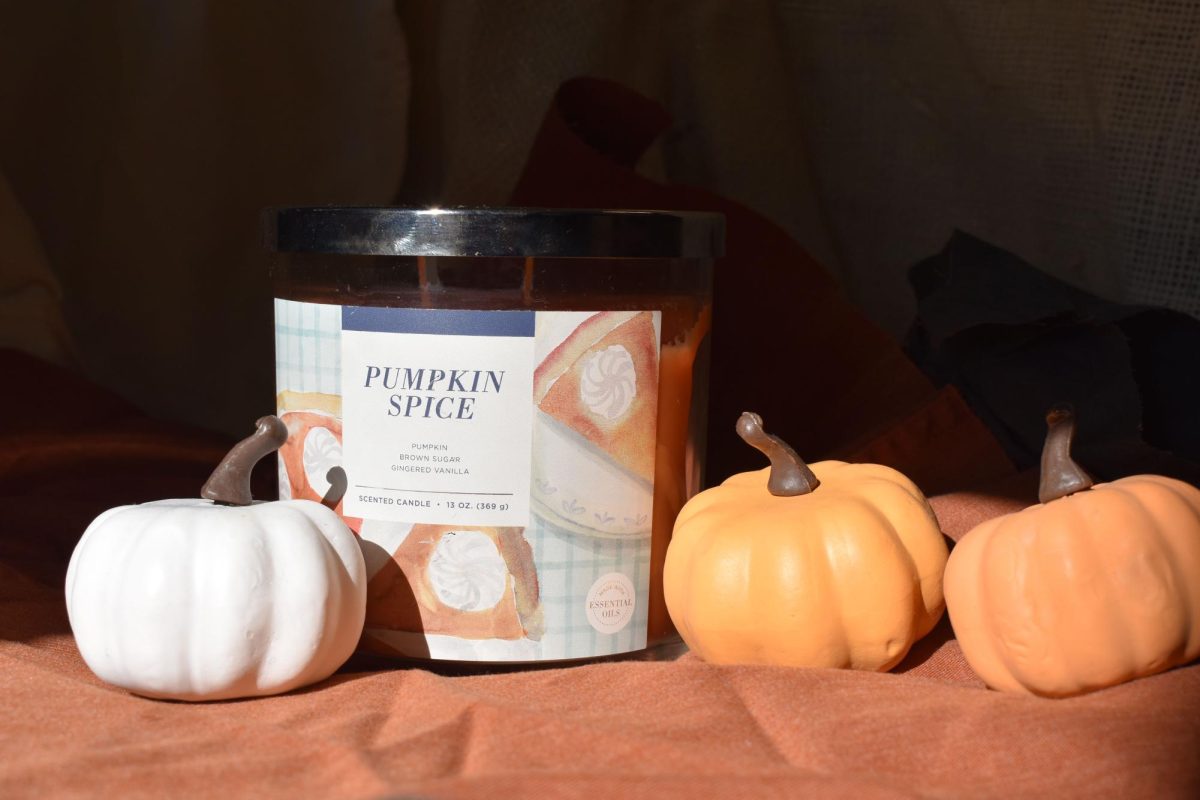On September 7-8, the fourth edition of LouFest was held in Forest Park in St. Louis city. This year’s event was held a few weeks later than previous events; however, the weather was not fooled by the date change.
Blistering summer rays were the theme of the day as temperatures soared into the 90s, and accompanying the sweltering heat was the inclusion of some downpours on Saturday night and Sunday morning. That did not stop the fans from turning up in record numbers.
An estimated 15 thousand people attended on Saturday, guaranteeing the first day of the event a larger turnout than any two-day total from the previous three LouFests. Sunday’s crowd was even bigger, totaling at about 16 thousand.
What was the big change for this year’s edition? The answer is 30 bands performing on three stages spread out across Forest Park’s Central Field.
Headline talents including the Killers, Wilco, Alabama Shakes, and the National performed on the festival’s main Bud Light-sponsored stage while other bands such as My Morning Jacket’s Jim James, Edward Sharpe and the Magnetic Zeroes, Icona Pop, Ra Ra Riot and others performed on two smaller stages.
The setup had its advantages and drawbacks. The two smaller stages operated simultaneously and were spaced far enough apart to prevent sound from one bleeding over to the other. That meant more bands could perform at the festival without extending the time, but it also forced fans to make choices. For instance, if two bands were playing at the same time, and someone wanted to see both of acts, they had to stick with one and skip the other. Or, they could travel between both stages to catch parts of both performances.
The festival did experience some growing pains, however. Vendors ran out of food on Saturday, and some attendees gave note of poor directions being given by LouFest staff. Further, on Saturday night there were reports of multiple car break-ins near the LouFest site.
The most important thing about a music festival is, however, the music. Saturday’s lineup featured a wide variety of sounds, from the rocket-fueled country punk of St. Louis’ own Kentucky Knife Fight to the bright indie-pop of Jukebox the Ghost and Ra Ra Riot.
One of the enduring pleasures of LouFest is the eye-turning sensation created as artists from one side of the musical spectrum open the door to another. Such was the case as electric one-man band Robert Delong finished his energetic dance-music act on one of the side stages, giving way to Trampled by Turtles, who performed their masterful brand of bluegrass on the main stage. Such a jarring transition may not be for everyone, but for the musical adventurous, it was a great experience.
LouFest also offered the opportunity to discover new music. Nashville’s Space Capone made its St. Louis debut at LouFest. Though many in the audience stayed back, content to watch under the protection of large, shady trees, the large ensemble enticed enough listeners to come down front and dance.
As Saturday continued on, headlining acts continually upped the ante. Fitz & the Tantrums played smart, sharp new-age soul, but also offered a high-energy cover of Eurythmics’ “Sweet Dreams.” The National’s songs, as always, started with a quiet intensity, but took its time to build up into an exciting finale.
Sunday’s weather started with some rain and cooler temperatures, but eventually the sun broke through and heated things up nicely. By evening, however, clear skies and a nice breeze made the setting just right for an outdoor festival.
For those suffering fatigue after a long day of LouFest, the Mowgli’s opening Sunday set was a welcome treatment. The eight-piece outfit’s infectious indie-pop had fans dancing and singing along despite the early hour. Unfortunately, they played at the same time as the Lonely Biscuits, who also brought in a decently sized crowd. The college band, bringing a quirky blend of the rap, funk and indie genres, got more than a few heads nodding to their upbeat music.
Court Yard Hound’s Emily Robinson seemed skeptical that the LouFest audience was up for the band’s mix of pop, country, and bluegrass, and was therefore surprised by the affirmative response when she asked how many had heard their music before.
Also making their St. Louis debut was the eccentric Twin Shadow and his band. After the first couple sets, George Lewis (his real name) was surprised to find that toasted ravioli existed, and insisted that somebody treat him to some soon. He enjoyed a sizeable crowd, and vowed to return to St. Louis again.
Other big draws of the day included the quirky, shambolic sounds of Edward Sharpe and the Magnetic Zeroes and the Local Natives, whose melancholic anthems offered plenty of intrigue and managed to impress the audience.
Icona Pop’s music is made largely of shouted phrases delivered while jumping around to machine-generated electro-pop. And yet, in the moment, the Swedish duo’s appeal was unquestionable. Playing its first show after a number of cancellations due to singer Aino Jawo’s illness—the pair turned the dancing, bouncing crowd into a frenzy. In stark contrast, Alabama Shakes’ set was calmer, offering organic, soulful rock. However, it burned with moments of intensity thanks to its powerhouse vocalist Brittany Howard.
The Killers closed out LouFest with a tight, hit-filled set ranging from classics such as “Mr. Brightside” and “All These Things That I’ve Done” to more recent efforts including “Runaways” and “Miss Atomic Bomb.”
The festival, overall, was really amazing. By the end of the Killers’ final song, I was left wishing that the event was longer. The music and the production value of the festival was such high-quality. And this isn’t to say it was without its downsides. The communication among staff members could have been better, and leaving the event was near impossible due to traffic. But, I really didn’t care that much. After all, it’s LouFest—it’s music.


![There are more than 20 open cardio machines at Crunch Fitness. I enjoyed the spacious environment at Crunch, a sentiment that was shared by sophomore Sanjana Daggubati. “[Going to] Crunch Fitness was the right decision because [it] feels more professional. Crunch’s workers are laid back, but not to the point where they don't care,” Daggubati said.](https://pwestpathfinder.com/wp-content/uploads/2025/09/IMG_5242-1-1200x900.jpg)

![Various empty Kit Kat wrappers crowd the desk, surrounded by scoring sheets. While production of Kit Kat flavors in the U.S. is limited, Nestlé, the owner of Kit Kat, manufactures hundreds of unique flavors in Japan, including the flavors ocean salt and passion fruit. “I thought there [were] some interesting flavors, and a lot of them were really unexpected,” senior Elle Levesque said.](https://pwestpathfinder.com/wp-content/uploads/2025/09/image-2.png)


![Pantone’s selection of the 2025 Color of the Year is revealed: Mocha Mousse. Ceramics teacher Ashley Drissell enjoys this year’s selection. “Maybe it’s the name but [Mocha Mousse] reminds me of chocolate and coffee. It makes me hungry. It’s very rich and decadent,” Drissell said.](https://pwestpathfinder.com/wp-content/uploads/2025/02/DSC_0015-1200x800.jpg)


